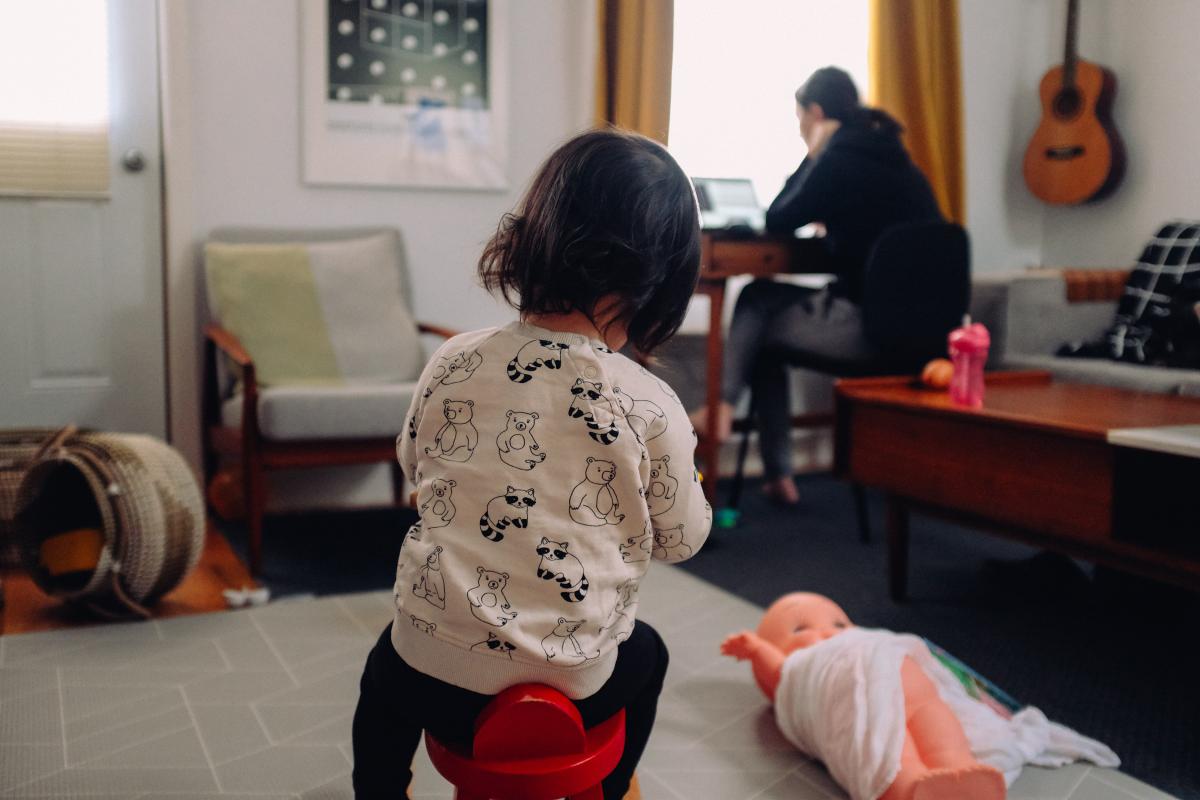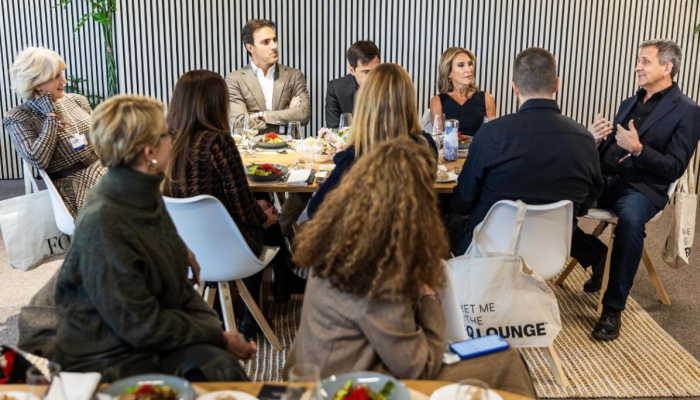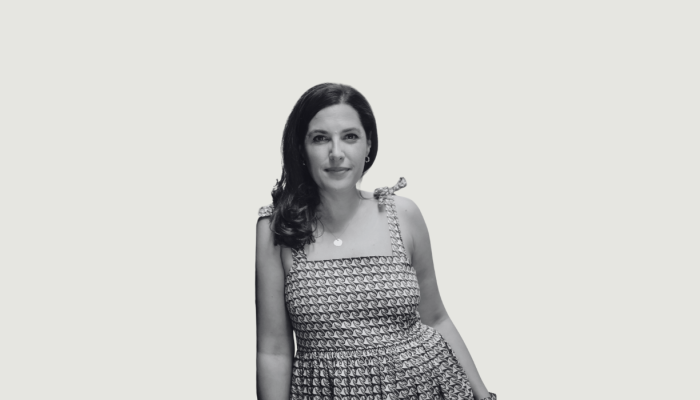Back in April, just after the first lockdown had been imposed, Harvard Business Review conducted a survey that showed 42% of people reporting a decline in mental health.
The Lancet takes it even further, with population prevalence of clinically significant levels of mental distress rising from 18·9% in 2018–19 to 27·3% in April 2020, one month into the UK lockdown. It’s clear we’re set to see the impact of the pandemic on mental health for months, if not years.
It’s all very well to encourage people to adapt to various versions of new new NEW normals, whilst keeping to the appropriate guidelines. But it’s not enough. We have a moral and ethical obligation to do more for our staff. In fact, we have a legal responsibility too, otherwise we’re just ignoring one of the key words in ‘health and safety.’ Wellbeing shouldn’t be seen as a ‘benefit’, it’s a necessity.
So as the dust settles on the first two weeks of a second lockdown, we shouldn’t assume round two is not as bad as round one. Because for too many people, this second phase is worse. Way worse.
These are direct quotes from conversations I’ve had in the past two weeks:
“I can't bear doing this for much longer.”
“I feel so lonely.”
“No-one has even touched me by accident in 6 months.”
“I haven’t been outside this week.”
The main issues is, that while mental health is now a far more open topic of discussion, it tends to revolve around the more 'formal' moments of breakdown, at which point help might be sought, but as the government encourages us to 'work from home if we can', it fails to acknowledge the impending impact of 'micro' depression, where our friends and colleagues find themselves feeling increasingly isolated.
For many people, but especially young people, the work environment is a crucially social space, and while the odd 'Zoom social' can help, you just can't pretend that it’s a genuine replacement for physical interaction. And in most cases, the very nature of these sessions is far more about getting things done, than really allowing people to check in on each other. Added to this, as winter draws in and everything gets darker (literally and metaphysically), these problems are only going to be exacerbated.
I should know. I’ve done 3 maternity leaves. The first two started in October, and the evenings drew in very fast. It got dark at 3.30, and I felt increasingly lonely, desperate for my husband to get back from work for the company, the banter, the shared food and telly. And it wasn't because the babies were problematic, they were gorgeous, but I needed more. We all do. This could be the beginning of a generation of hurt and loneliness that creeps in without people even quite realising how damaging it is.
And I don't want that for our people. Employees are our primary responsibility because they are the ones who look after our clients. Oh, and we actually care about them as individuals and humans. So, we have been working hard to implement some positive initiatives for our people to help them navigate these trying times in the best mental health possible.
Such as introducing Vitality healthcare for everyone in the agency. Particularly for the brilliant partnerships Vitality have with a number of brands, providing free or heavily discounted goods and services, by doing what we’re passionate about - keeping fit and healthy. We have also introduced Health Assured, a health and wellbeing provider, providing clinical expertise and support services with a raft of content, services, coaching and counselling just a phone tap away.
But you don’t have to necessarily fork out from dwindling budgets to make a genuine difference. There are loads of proactive initiatives, tools or behaviours that you can introduce. Here’s a simple ‘to do’ list that you might consider:
- Assign responsibility for checking up on each and every person in the organisation, preferably on a weekly basis
- Reduce the auto settings on diary invites to allow breathing space between back-to-back Zoom calls (25 mins instead of 30; 50 mins instead of an hour)
- Encourage people to respect a 'working day' - avoid sending emails after a certain time or on weekends, and tell people to not feel compelled to respond out of hours
- If individual habits or circumstances require more unusual working hours, you can also recommend programmes like Boomerang or RightInbox to send draft emails at a future (more respectful) time
- Trust people to manage their time themselves and encourage against ‘virtual presenteeism’ – recommend that everyone gets outside
- Recommend ‘walking meetings’ as an antidote to video calls, so that people can get fresh air and exercise more frequently, whilst taking calls
- Share helpful reading materials. The Mental Health Foundation have produced a guide to protecting your mental health during the coronavirus crisis and MIND has produced a helpful guide which will be useful to anyone who has to practice social isolation
- Culturally encourage open conversations about mental health, so that everyone can react supportively
- Actively reassure against stigma and discrimination
With two more weeks of enforced solitude, the prospect of a very different Christmas, nowhere to work out and nowhere to buy books, even the prospect of a potential vaccine might not be enough to stave off the darkness. But we, as leaders, can at least take off some of that pressure and be a major force in the battle against micro depression.



